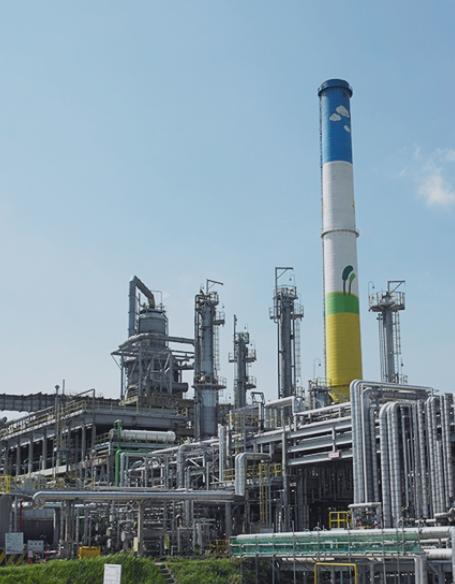How Companies are Adopting Used Oil Re-refining to Cut Carbon Emissions

The global push towards sustainability has prompted businesses across sectors to re-evaluate their operations. One area gaining significant traction is the management of used oil. By adopting used oil re-refining, companies are not only reducing their environmental impact but also securing a competitive edge.
The Carbon Footprint of New Oil Production
The production of virgin base oil, the primary component of lubricants, is an energy-intensive process. From extraction to refining, it generates substantial greenhouse gas emissions. Additionally, the transportation of crude oil across vast distances contributes to the carbon footprint.
Re-refining: A Circular Solution
Used oil re-refining offers a circular economy approach to this challenge. Instead of discarding used oil, companies are collecting and processing it to create high-quality base oils. This process significantly reduces the demand for virgin crude oil, leading to a lower carbon footprint.
Key benefits of used oil re-refining:
Reduced greenhouse gas emissions: By minimizing the need for crude oil extraction and refining, re-refining helps combat climate change.
Energy conservation: The re-refining process often requires less energy than producing virgin base oil.
Waste reduction: Diverts used oil from landfills and incineration, protecting the environment.
Resource conservation: Extends the life of a valuable resource and reduces dependence on foreign oil.
Industry Adoption and Innovation
Several industries are leading the charge in adopting used oil re-refining:
Automotive: Car manufacturers and service centers are increasingly incorporating used oil collection and recycling programs.
Industrial manufacturing: Companies in sectors like machinery, metalworking, and food processing are implementing re-refining initiatives.
Marine and aviation: The transportation industry is exploring re-refined lubricants as a sustainable alternative.
Moreover, technological advancements in re-refining processes are further enhancing the quality of the end product and expanding its applications.
Challenges and Opportunities
While re-refining holds immense potential, it also faces challenges. Overcoming negative perceptions about re-refined oil, establishing robust collection networks, and ensuring consistent product quality are key areas of focus. However, with growing environmental regulations and consumer awareness, these challenges can be transformed into opportunities.
By embracing used oil re-refining, companies can demonstrate their commitment to sustainability, reduce costs, and contribute to a cleaner planet. It's a win-win situation for businesses and the environment.
Are you interested in learning more about specific case studies or the economic benefits of used oil re-refining?
- Art
- Causes
- Crafts
- Dance
- Drinks
- Film
- Fitness
- Food
- Games
- Gardening
- Health
- Home
- Literature
- Music
- Networking
- Other
- Party
- Religion
- Shopping
- Sports
- Theater
- Wellness


